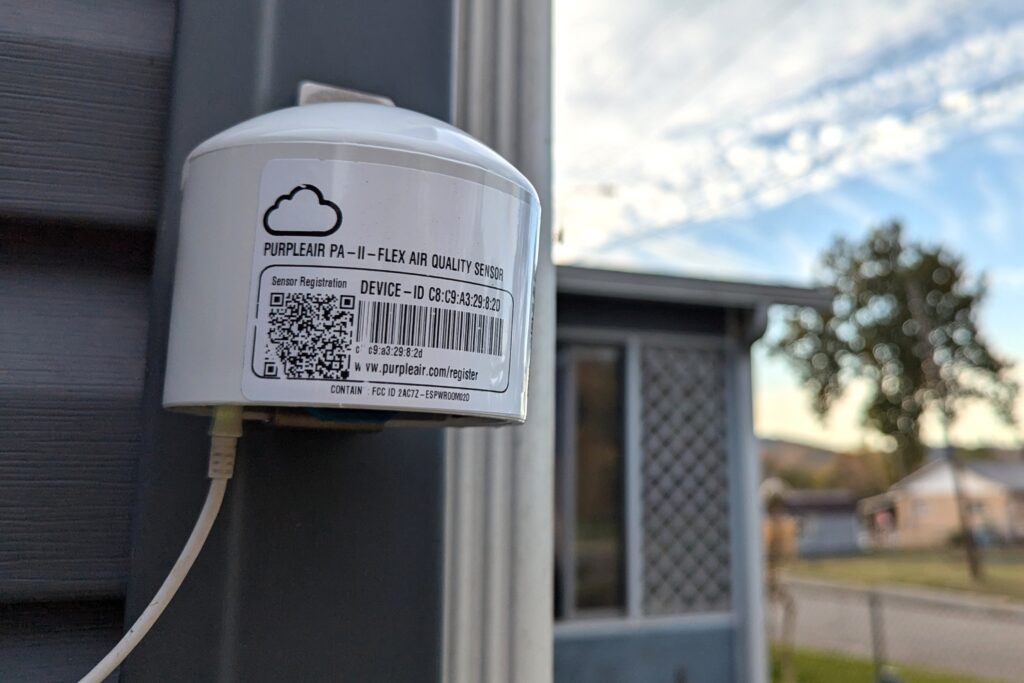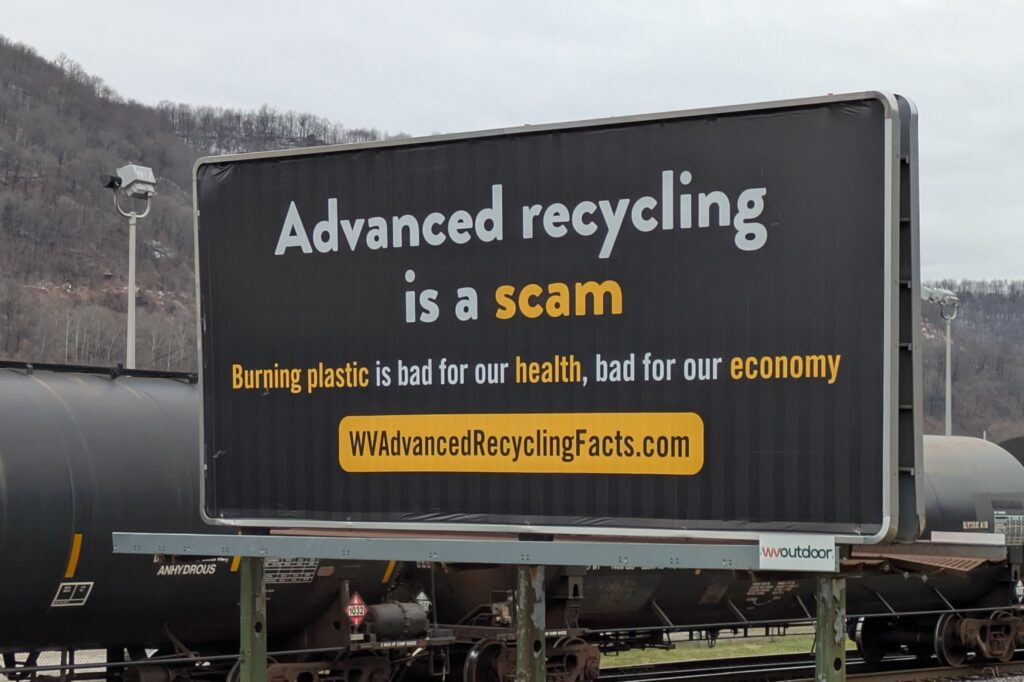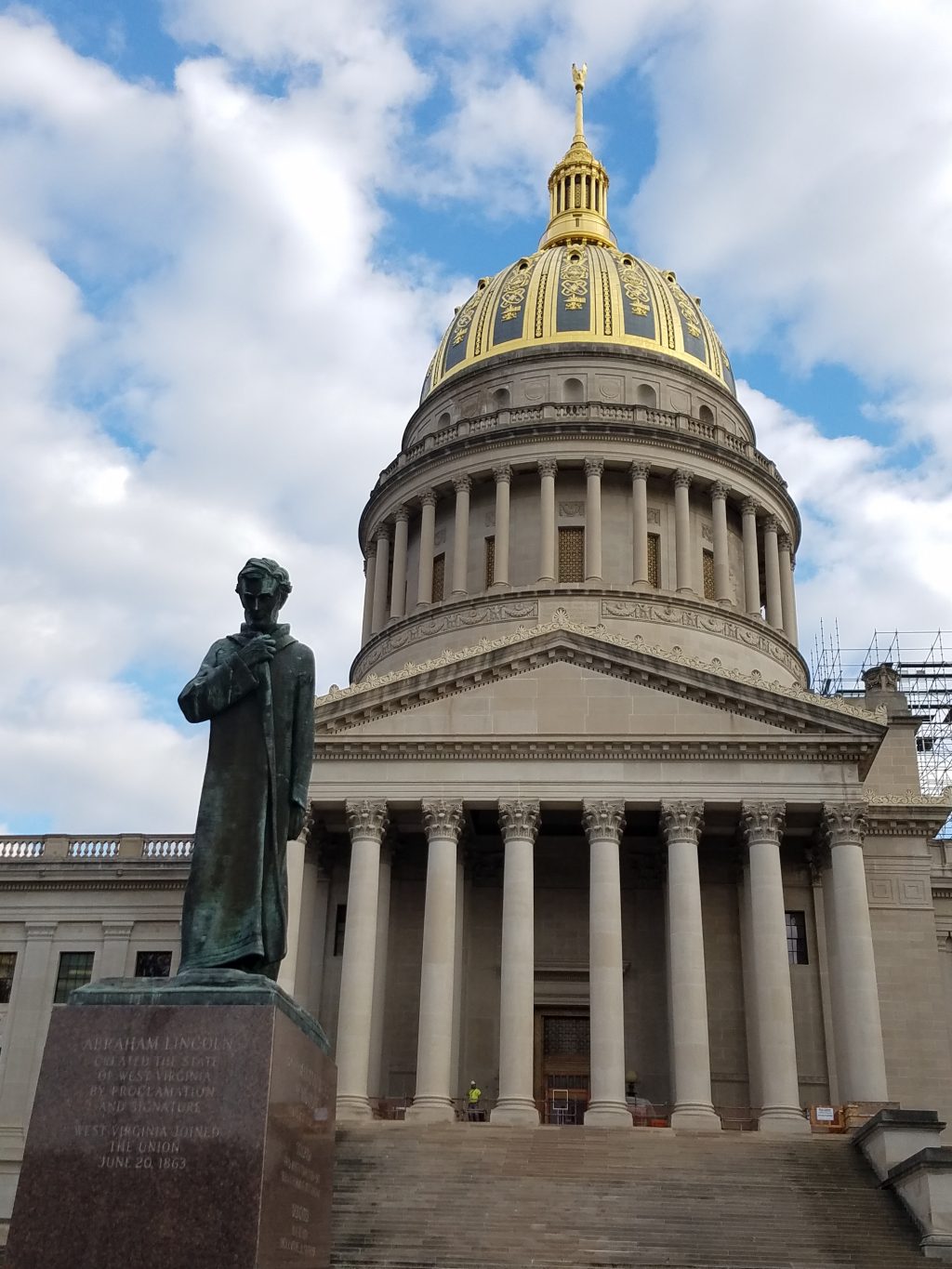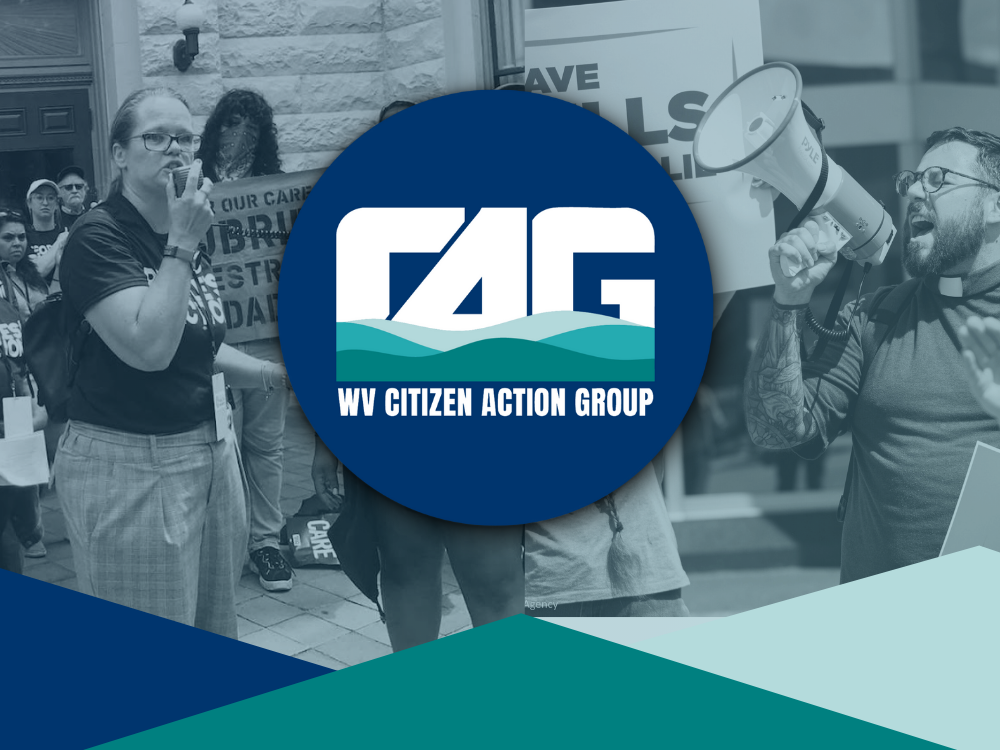- Like
- Digg
- Del
- Tumblr
- VKontakte
- Buffer
- Love This
- Odnoklassniki
- Meneame
- Blogger
- Amazon
- Yahoo Mail
- Gmail
- AOL
- Newsvine
- HackerNews
- Evernote
- MySpace
- Mail.ru
- Viadeo
- Line
- Comments
- Yummly
- SMS
- Viber
- Telegram
- Subscribe
- Skype
- Facebook Messenger
- Kakao
- LiveJournal
- Yammer
- Edgar
- Fintel
- Mix
- Instapaper
- Copy Link
We expect the bill attacking community air monitoring to return in the coming weeks. This will not stop us from organizing around community science and installing air sensors that allow residents to know the quality of the air they breathe.
Read Morgan’s commentary in West Virginia Watch to learn more about attacks on community air monitoring and ways to fight back.
One way to fight back is to install your own air quality sensor. Community science initiatives can and will build collective power. If you want a sensor installed during the session to show that you don’t support limiting community science initiatives, please reach out to morgan@wvcag.org.
Defending Our Right to Clean Air and Water
Fighting the attacks on community air monitoring is part of a larger fight for environmental protection. As we resist, we advocate for policies that safeguard clean air, water, and public health.
The West Virginia Environmental Council’s (WVEC) legislative priorities represent the interests of its 15 coalition members and thousands of supporters statewide. These priorities guide its legislative advocacy, ensuring environmental protection, clean energy, and sustainable policies remain at the forefront.
Join WV CAG and other WVEC partners for Environmental Day (E-Day) on March 17 at the WV State Capitol. E-Day is WVEC’s annual day of citizen advocacy. Register here and join us to make an impact!
Here are WVEC’s top legislative priorities for 2025:
Energy:
Net Metering – Protect and preserve long-standing net metering rules to ensure all solar users are entitled to the existing fair market retail rate.
Advanced Nuclear – Monitor the 2022 bill to repeal the state’s nearly 20-year ban on nuclear power while opposing the expansion of this energy source if no safe long-term storage is available.
Hydrogen Hub/Carbon Capture and Sequestration (CCS) – Monitor legislative developments and oppose any proposal that increases or further subsidizes carbon emissions through the use of fossil fuels.
Clean Water and Air:
Aboveground Storage Tank Legislation – Prevent further rollback of legislation passed after the 2014 chemical spill in Charleston, which made water undrinkable for hundreds of thousands of West Virginians. Recently defeated bills would have relaxed inspection requirements on oil and gas tanks located within zones of critical concern.
PFAS Ban – Monitor implementation of the PFAS Protection Act to protect West Virginia’s drinking water and work toward eliminating PFAS (“forever chemicals”) in consumer products and industrial use.
Community Air Monitoring – Prevent legislation that casts doubt on the legitimacy of citizen-collected air monitoring data or restricts its inclusion in analyses by the WV Department of Environmental Protection or the U.S. EPA.
Water Quality Standard Updates – Advocate for WV Water Quality Standards that will protect public health and new designations for water bodies that would limit recreational use and aquatic life.
Orphaned Gas Well Responsibility – Advocate for a bonding system, similar to the coal industry bond system, that would require gas companies to post bonds covering the cost of plugging gas wells if an operator is unable or refuses to plug later. Companies should be required to pay the bond before drilling begins.
Conservation of Public and Private Lands:
Off-Road Vehicle Restrictions – Defeat proposals to open up public lands to Off-Road Vehicles (ORV) and other legislation incompatible with nature-based values and conservation of West Virginia’s public lands.
Timbering and “Economic Development” in State Lands – Defeat proposals to open all public lands to timbering, undefined “economic development” projects, and other incompatible uses for public lands.
The Rail to Trails Bill – Support updates and corrections to the WV Rail Trails Program to address railroad liability and safety risk concerns.
The River Access from Bridges Bill – Support the Public Waterways Access Act, which would provide public access to bridge crossings and fencing, implemented by the WV Department of Transportation and WV Division of Natural Resources.
State of West Virginia Scenic Rivers Bills – Establish state procedures to provide permanent safeguards for our scenic, wild and wonderful rivers, streams, and waters.
Forest Carbon Sequestration – Prevent efforts to restrict forest carbon sequestration.
Private Landowner Conservation Easements – Prevent bills that would strip private landowners’ rights and abilities to have meaningful conservation easements by, for example, 1) limiting the ability to do Agricultural easements, 2) imposing tax/registration burdens for carbon offset conservation easements, and 3) limiting the length of time for a valid conservation easement.




